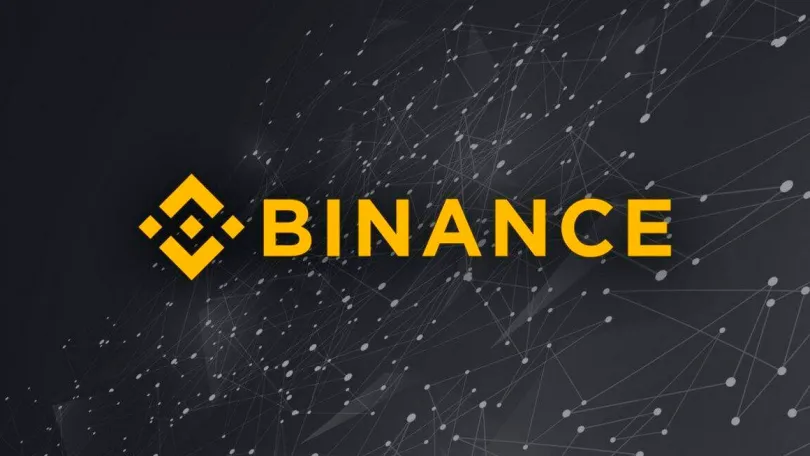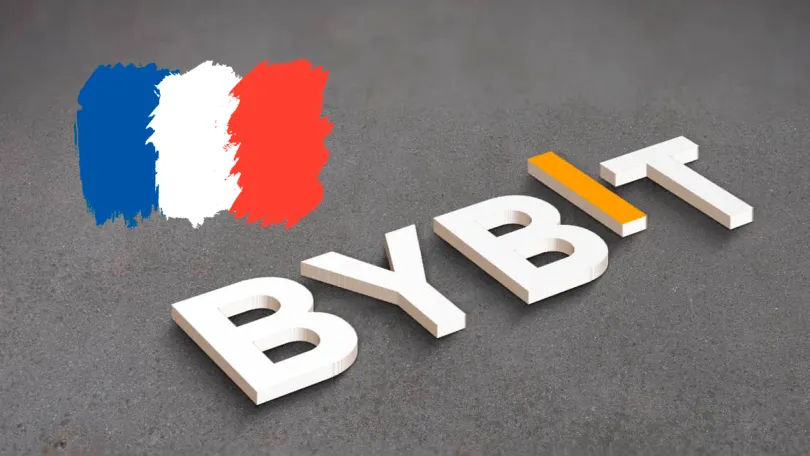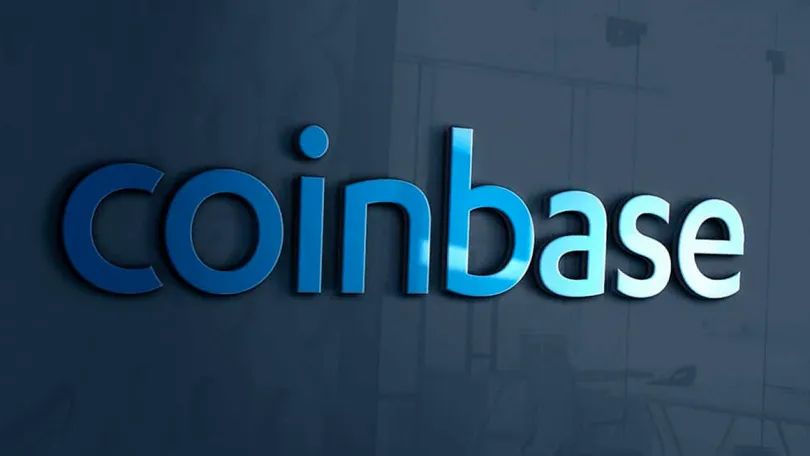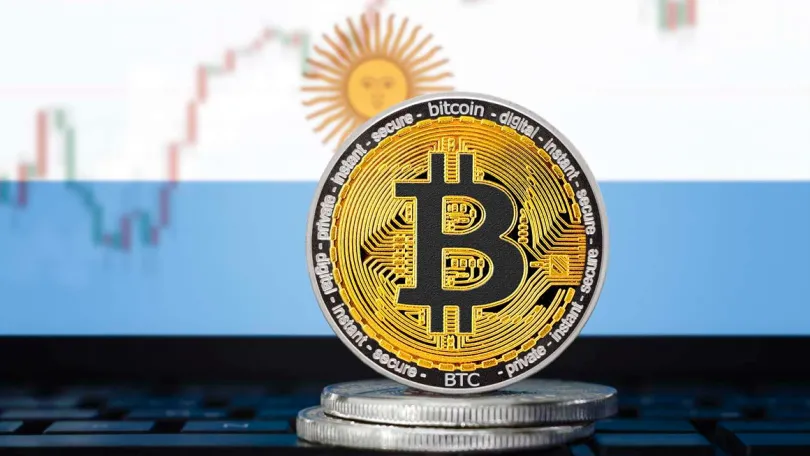
The Monetary Authority of Singapore (MAS) has unveiled the conclusive segment of its deliberative rejoinder regarding the regulatory landscape concerning conduct and consumer safeguarding obligations for entities operating within the crypto sphere. This comprehensive report encapsulates the central bank's insights into a document delineating a regulatory framework for the cryptocurrency domain. #Chainalysis, in its report on December 5, highlighted the issuance of a report by the Singaporean central bank, elucidating its stance on regulatory measures governing digital asset enterprises within the nation.
In the throes of October 2022, MAS proffered a consultative document proposing regulatory stratagems for entities designated as digital payment token service providers (DPTSPs). This extensive response encompasses measures encompassing consumer accessibility, corporate comportment, technological management, cyber jeopardy mitigation, and the temporal trajectory for implementation. Notably, MAS mandates that all retail investors undergo a comprehensive risk awareness evaluation before venturing into the crypto investment realm. Furthermore, DPTSPs are proscribed from proffering inducements to lure retail investors and are forbidden from extending debt-financed or leveraged crypto transactions to this demographic.
In a bid to ensure ethical practices, crypto payment entities are compelled to segregate activities such as market facilitation and brokerage services, refraining from conducting trades on their own platforms. The imperative of identifying and mitigating conflicts of interest is emphasized, with obligatory disclosure of token listing and governance policies to clientele. Moreover, DPTSPs are accorded the latitude to list self-issued tokens, contingent on the requisite dissemination of pertinent information to their customer base. Stringent requisites mandate the provision of robust systems availability, recoverability, and the expeditious reporting of incidents. Stringent controls for safeguarding user information are also mandated by the MAS.
The central bank has enunciated its intent to enshrine these stringent requirements by early 2024, affording a nine-month transition window for full-scale implementation. In tandem with these developments, DigiFT, a Singapore-based cryptocurrency exchange, has secured pivotal regulatory green lights from MAS. Specifically, the granting of a Capital Markets Services (CMS) license on December 5 and a Recognised Market Operator (RMO) license on December 1 positions DigiFT as the inaugural exchange boasting an automatic market-making (#AMM) mechanism to traverse the MAS fintech sandbox and secure comprehensive licensing.
The MAS embraces innovative business models within their regulatory sandbox to scrutinize such models within a controlled milieu, necessitating graduation from the sandbox to attain full licenses.Henry Zhang, the CEO of DigiFT, elucidated the journey, stating.
Furthermore, DigiFT aims to facilitate secondary trading of security tokens buttressed by real-world assets (RWA). This development aligns with the precedents set earlier in June when fintech behemoth #Ripple and Stablecoin progenitor #Circle were bestowed with Singapore Payment Institution Licenses.




























